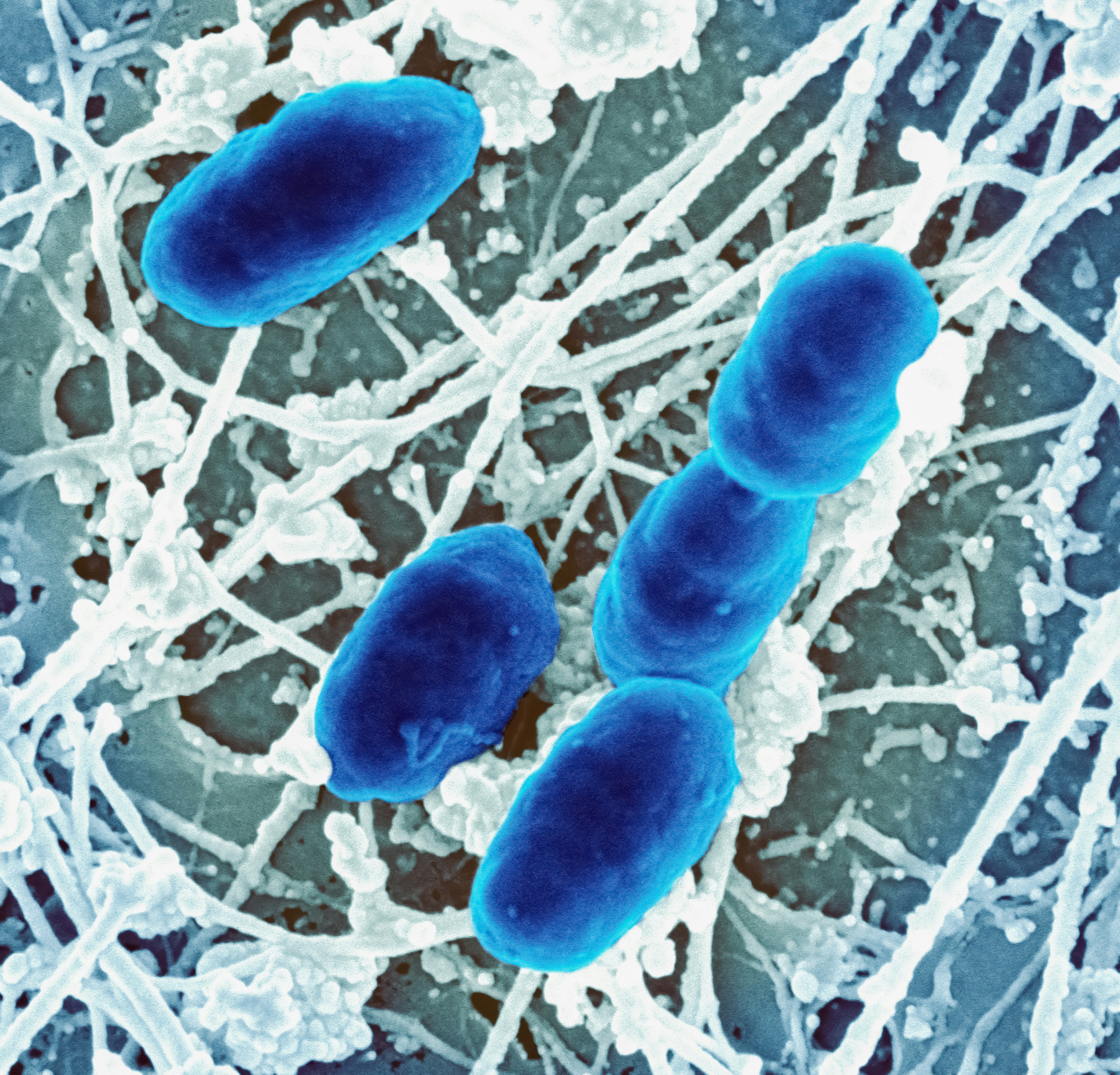Do you ever wonder how your diet influences your gut health? You’re not alone. The gut microbiome plays a crucial role in your overall health, and its interaction with the foods you consume—especially those high in oxalates—can significantly impact your well-being. Understanding how oxalates affect your microbiome can lead you to better health decisions.
Understanding the Microbiome
Your microbiome consists of trillions of microorganisms living in your gut. They help digest food, synthesize vitamins, and even regulate your immune system. This complex ecosystem is delicate, and various factors can disrupt its balance, leading to health issues.
What Are Oxalates?
Oxalates are naturally occurring compounds found in many foods, including spinach, rhubarb, beets, and nuts. While they have some health benefits, such as acting as antioxidants, they can also pose challenges to certain individuals—especially if your microbiome is not equipped to handle them.
The Role of Oxalates in Gut Health
For most people, oxalates are not a major concern. However, if you have a history of kidney stones or specific gut issues, it’s essential to pay attention to how your body responds to oxalate-rich foods. When oxalates accumulate, they can form crystals in your body, leading to discomfort and complications.
Signs Your Microbiome Might Struggle with Oxalates
So, how do you know if your microbiome is struggling with oxalates? There are several signs and symptoms to watch for.
Digestive Issues
If you frequently experience bloating, gas, or stomach pain after eating foods high in oxalates, your microbiome might not be handling them well. Your digestive system should function smoothly, but when it’s not, listen to those signals.
Kidney Stones
If you’ve had kidney stones, especially calcium oxalate stones, you may want to be aware of how your diet affects your situation. High oxalate intake can exacerbate this issue. If you find yourself battling this problem, examining your diet becomes essential.
Joint Pain
Some studies suggest a link between high oxalate levels and joint pain or inflammation. If you notice increased pain in your joints after consuming high-oxalate foods, it might be time to reconsider your intake.
Frequent Urination
Elevated oxalate levels can lead to urinary issues, such as increased frequency and urgency. If you notice you’re rushing to the bathroom more often after consuming oxalate-heavy meals, this could be an indication your microbiome is struggling to cope.
Consistent Fatigue
Feeling constantly drained? While fatigue has numerous potential causes, an overloaded microbiome due to oxalates might be contributing. If you frequently feel tired, it’s worth monitoring how you feel after meals containing oxalates.
How to Assess Your Symptoms
Identifying problems with oxalate consumption begins with mindful self-observation. Keep a food journal, noting what you eat along with any associated symptoms. This practice can reveal patterns over time, helping you understand your body better.
Food Journal Checklist
Here’s a simple checklist to help you effectively log your food intake and symptoms:
| Date | Food Consumed | Symptoms Experienced |
|---|---|---|
| YYYY-MM-DD | Spinach salad | Bloating, stomach cramps |
| YYYY-MM-DD | Almonds | Joint pain, fatigue |
| YYYY-MM-DD | Beets | Increased urination, discomfort |
| YYYY-MM-DD | Dark chocolate | Feeling fine |
Regularly reviewing your entries can give you insights, prompting necessary adjustments in your diet.
Consult a Healthcare Professional
If you suspect your microbiome struggles with oxalates, speaking with a healthcare professional can provide further clarity. Here’s what you might consider discussing:
Nutritional Guidance
A registered dietitian can help you create a balanced diet that minimizes oxalate intake while still providing essential nutrients. They can provide tailored recommendations based on your specific health status.
Testing Options
Depending on your symptoms, your healthcare provider might suggest specific tests, such as urine tests to measure oxalate levels or other assessments to evaluate your kidney function.
Dietary Adjustments
Once you assess your symptoms and consult with professionals, you may want to consider making some dietary adjustments.
Foods High in Oxalates
You might eliminate or reduce the following high-oxalate foods from your diet:
- Spinach
- Rhubarb
- Beets
- Nuts (especially almonds and cashews)
- Sweet potatoes
- Dark chocolate
Lower Oxalate Alternatives
Incorporate more low-oxalate alternatives to maintain nutrient intake while reducing potential harm:
- Kale
- Broccoli
- Cauliflower
- Cabbage
- Chicken and fish
- Eggs
Cooking Methods
Certain cooking methods can reduce oxalate content. For instance, boiling vegetables instead of consuming them raw can leach out some of the oxalates. Make adjustments in your preparation methods to lessen oxalate levels further.
The Connection between Gut Health and Oxalates
Understanding the relationship between your gut health and oxalates helps put your dietary practices in perspective. Your gut microbiome impacts how your body processes foods, especially oxalates. A balanced and diverse microbiome can better manage oxalate intake.
Supporting a Healthy Microbiome
To keep your microbiome functioning well amidst dietary challenges, consider some key approaches:
-
Probiotics: Incorporate probiotics through supplements or fermented foods like yogurt and sauerkraut. These can positively influence your gut flora.
-
Prebiotics: Look for foods rich in prebiotics, which feed the good bacteria in your gut. Foods like garlic, onions, and leeks promote gut health.
-
Balanced Diet: Aim for a well-rounded diet containing fiber, healthy fats, and protein to nourish a varied microbiome.
Lifestyle Modifications
Diet isn’t the only factor impacting your microbiome and overall health. Consider these lifestyle adjustments for a more resilient gut.
Hydration
Adequate hydration is vital for kidney function and overall health. Drink enough water daily, especially if you’re managing oxalate levels. It aids in flushing oxalates out of your system.
Stress Management
Stress can disrupt your gut health. Incorporate activities like meditation, yoga, or even simple breathing exercises to promote relaxation. A calm mind supports a healthier gut!
Regular Exercise
Maintaining an active lifestyle contributes to better gut health. Find physical activities you enjoy—whether it’s walking, dancing, or hiking. Regular movement helps your digestive system work more efficiently.
Regular Monitoring
Stay proactive about your gut health. Regularly checking in with your body and any symptoms related to oxalate intake helps you stay aware of what works for you and what doesn’t.
Follow-Up Consultations
Don’t hesitate to revisit your healthcare professional to discuss your progress. They can help you fine-tune your approach and address any new symptoms or concerns you experience.

Final Thoughts
Navigating potential issues with oxalates and your microbiome can be complex, but it’s not unmanageable. By paying attention to your body, making mindful dietary choices, and fostering a healthy lifestyle, you’re already on the path to better health. Trust yourself to understand and adjust, and remember that it’s all about finding balance that works for you.
As you take these steps, remind yourself that everyone’s experience is unique, and what matters most is how you feel. With patience, support, and a little trial and error, you can foster a healthier relationship with your microbiome. So, keep listening to your body’s signals and advocating for your wellness—you deserve it.




